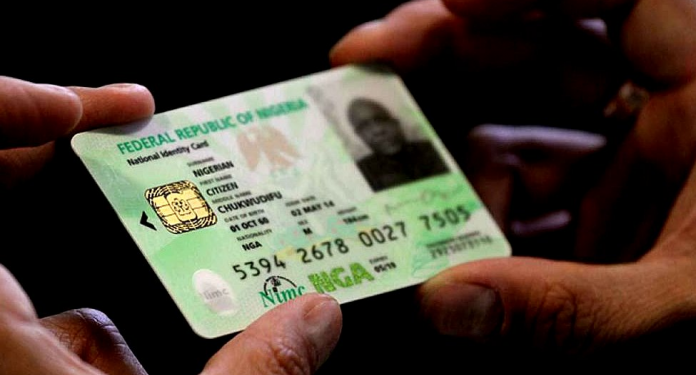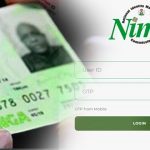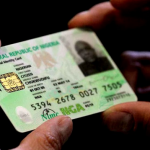The National Identity Management Commission (NIMC) says it has reduced extortion and corruption in the National Identification Number (NIN) registration process by at least 40 percent. The Director-General/CEO, during a media briefing in Abuja, announced this achievement while revealing that over 120 million Nigerians have been successfully enrolled in the national identity database.
The Commission attributed this milestone to its partnership with the World Bank under the Nigeria Identification for Development (ID4D) project, which has significantly accelerated registration efforts across both urban and rural areas. The DG reaffirmed the Commission’s commitment to capturing more Nigerians before the end of 2025.
Central to this effort is the Frontier Partners scheme, which involves private sector agents in expanding the Commission’s reach. These agents conduct NIN enrollment in underserved communities, helping to scale the process rapidly. The partnership has also created jobs across the country by equipping state and local government offices with upgraded facilities and trained personnel for enrollment and data modifications.
According to the DG, the Commission has introduced digital platforms to reduce congestion at registration centres. Among them are an online pre-enrollment and biometric system, a modification platform that allows users to update personal records remotely, and a Self-Assist Platform, which enables secure data updates through biometric logins. The NIMC NIN Authentication App, which integrates with the Commission’s backend system, adds a further layer of security and gives users control over their identity data.
NIMC has also adjusted its pricing framework—reducing or removing some fees while increasing others to reflect service costs. These changes, the Commission says, are aimed at improving service delivery without compromising affordability.
Emphasizing the importance of the NIN in governance and development, the DG highlighted that it is now a requirement for accessing student loans. She said the use of NIN ensures a single, verifiable identity for applicants, reducing risks associated with fraud and duplication.
To bolster public trust in the identity system, NIMC has partnered with cybersecurity experts and adopted international data protection standards. Training and retraining of staff remain a key focus to ensure effective service delivery across all touchpoints.
With 120 million Nigerians already enrolled and digital infrastructure expanding, the Commission says it is moving closer to building a secure and inclusive identity system that supports governance, education, and economic access across the country.










